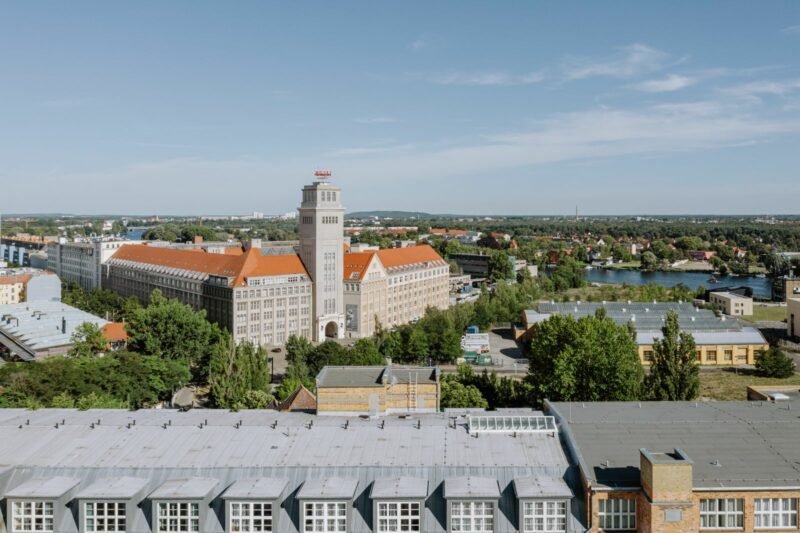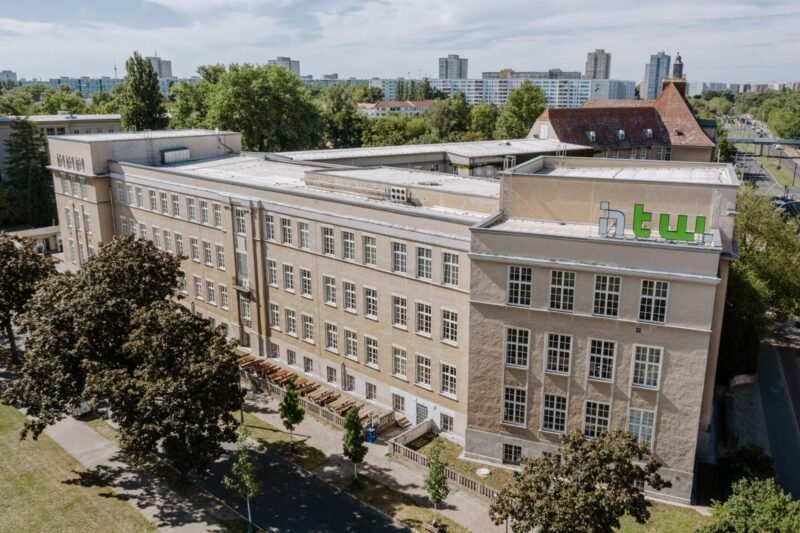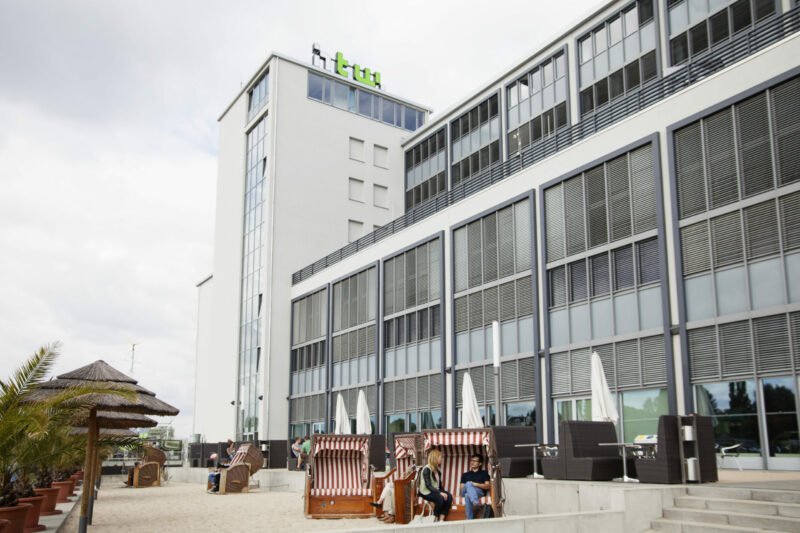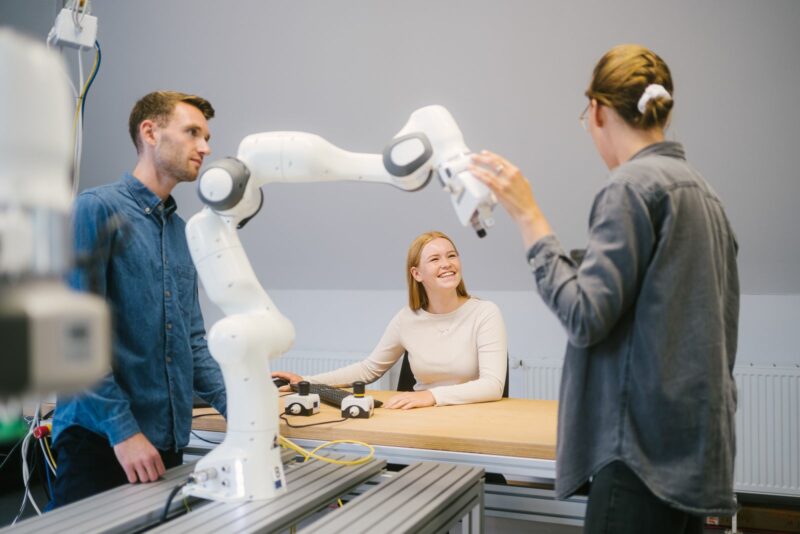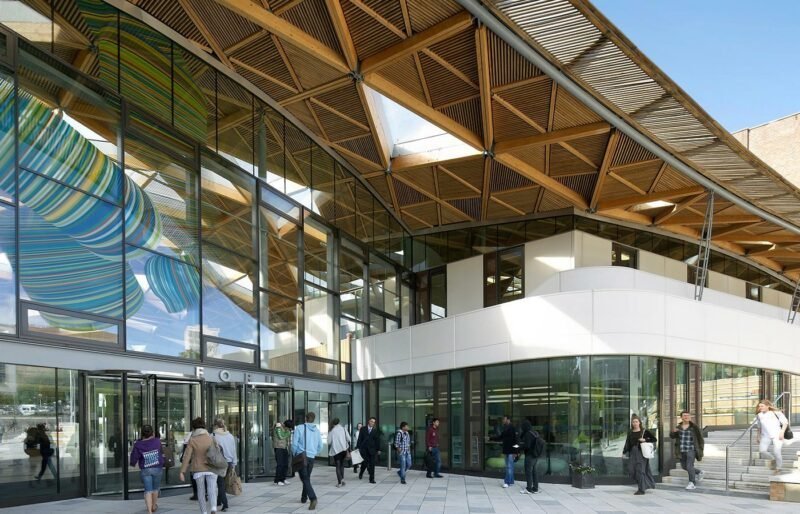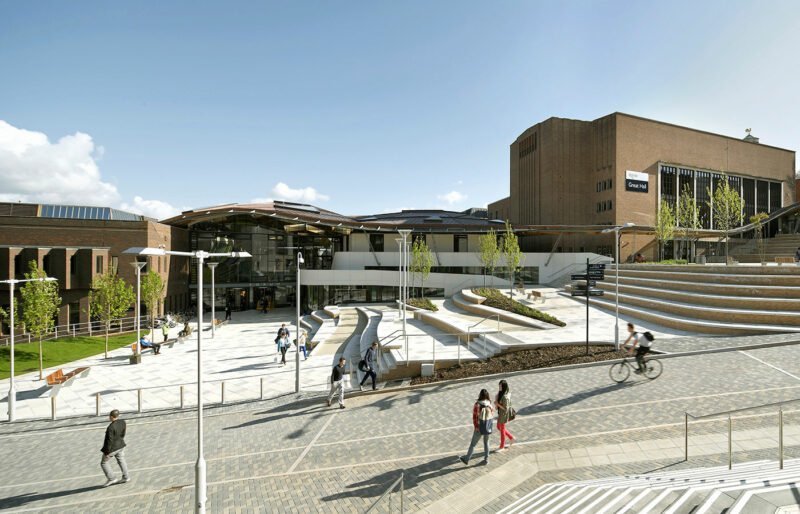With 14,000 students enrolled, HTW Berlin is the largest university of applied sciences in Germany’s capital. HTW Berlin offers more than 70 study programmes in the areas of technology, computing, business, culture and design.
Rankings regularly confirm the high level of education provided by HTW Berlin. HTW Berlin actively collaborates with 150 universities worldwide and has an established network of 600 cooperation partnerships. Research activities connect the university with the professional world, scientific networks and companies. HTW Berlin’s researchers contribute their ideas, expertise and contacts to over 250 third-party funded research projects every year. Covering a wide variety of topics, these projects are generally carried out in cooperation with partners from industry. Many projects are specifically geared towards meeting the innovation needs of individual companies and industries or the development potential of the region.
The research agenda also includes topics that bundle a wide variety of specialist expertise and skills. It is only through interdisciplinary teams that integrated strategies can be developed, for example for a climate-friendly transformation of our energy supply, improved healthcare system, meeting the challenges of an aging society or the digitalisation of culture and society.

